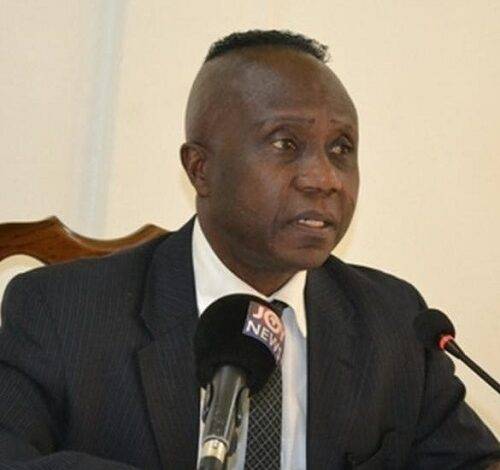
Ghana must begin to build strong economic and financial buffers to help cater for economic shocks and emergencies, the Director of Research at the Institute of Economic Affairs (IEA), Dr John Kwakye, has said.
That, the director indicated, must include a sizable fiscal space, a cushion of reserves, a sinking fund to support debt repayments, and a contingency fund.
Such a move, he explained was important as the International Monetary Fund (IMF) bailout programme was not the solution to the country’s recurrent economic crisis.
Dr Kwakye was speaking at a press conference organised by the IEA on Monday on the approval of $3billion, 36-month Extended Credit Facility (ECF) arrangement by the IMF board under its bailout programme for Ghana.
Although the IEA agreed with some of the recommendations of the programme, Dr Kwakye said it placed the managers of the country’s economy in a “straitjacket” as it gave little room for policy discretion and limited opportunity for economic intervention in response to changing dynamics.
He noted that the IMF programme was not new to the IEA as it contained a wide range of fiscal and monetary measures the institute had long advocated.
While the IMF bailout programme suggests mitigation measures to be put in place by the managers of the economy to counter emerging risks, Dr Kwakye said the 2024 general elections posed a major risk to the programme due to pressure on the government to spend in order to win the support of the electorate.
Additionally, he said how to ensure ownership and continuity of the programme by a new government after the 2024 general elections was a challenge, and therefore urged the authorities to be vigilant and take prompt actions needed to avoid any risk.
Dr Kwakye further said “all is not done and dusted yet as far as programme financing is concerned. Indeed, a huge chunk of US$10. 5billion (or nearly 70 per cent) out of the total financing need of US$15.1billion is expected from external debt restricting, which is yet to be concluded.”
BY BENJAMIN ARCTON-TETTEY







